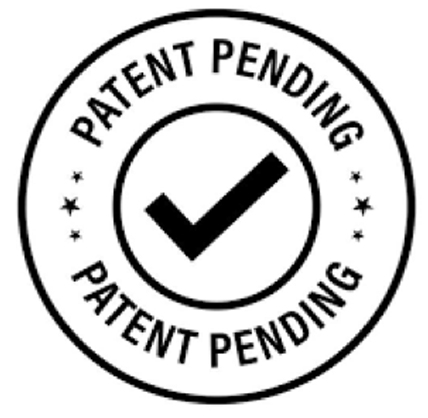While our current focus is on the production of Asparagopsis based methane reducing feed supplements for ruminant livestock, SeaStock is actively engaged in identifying additional adjacent markets for other seaweed-based compounds which are currently the focus of new and ongoing research worldwide.
SeaStock’s patent pending dual extraction method to release the natural compounds in Asparagopsis can also be applied to other seaweed and algae species.



